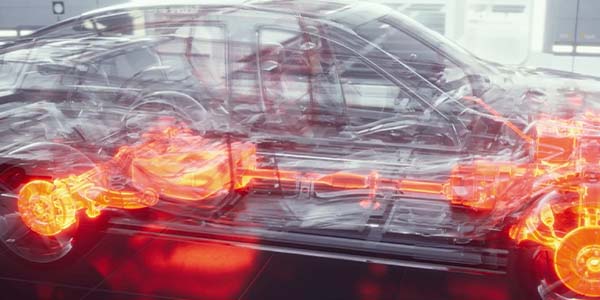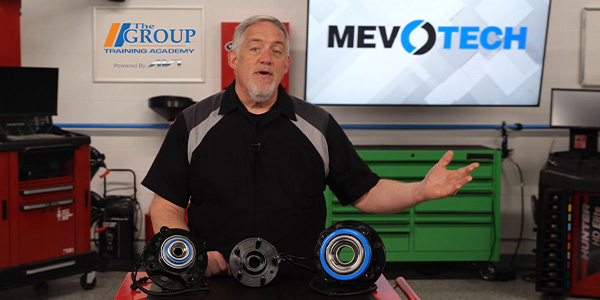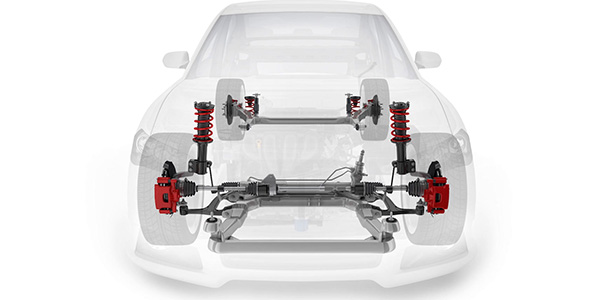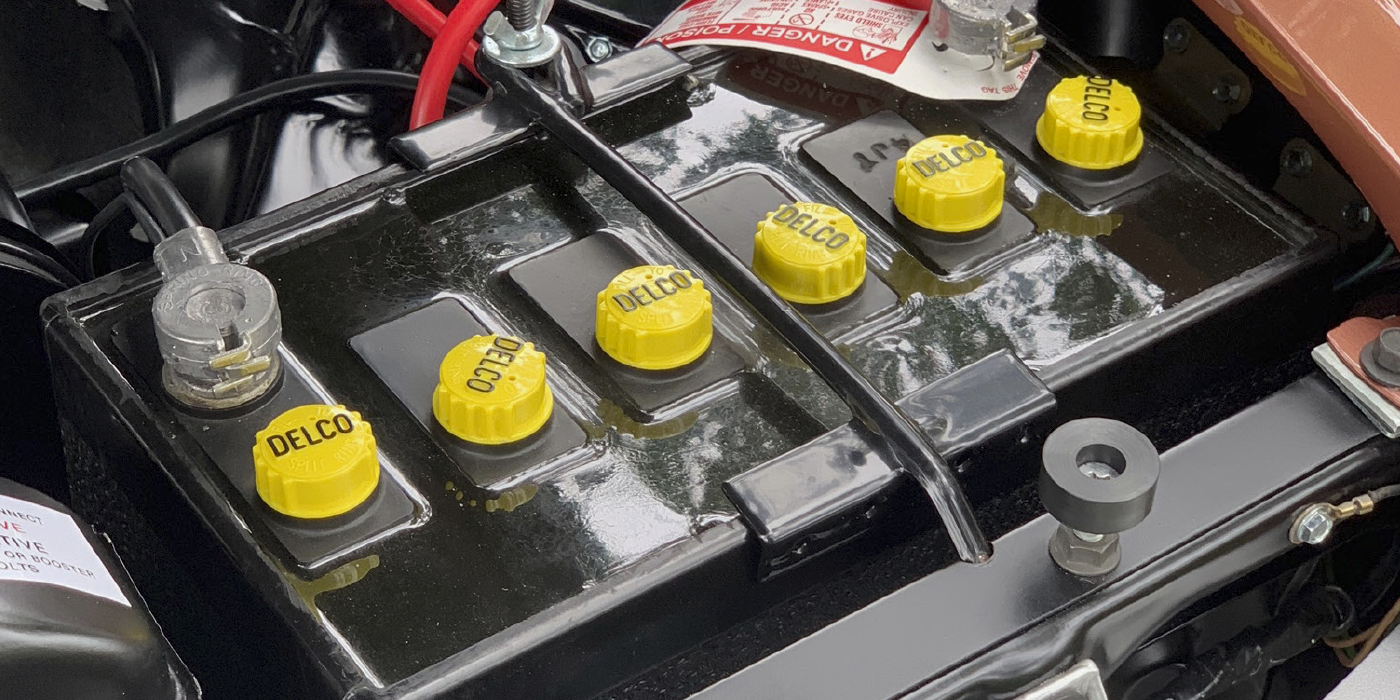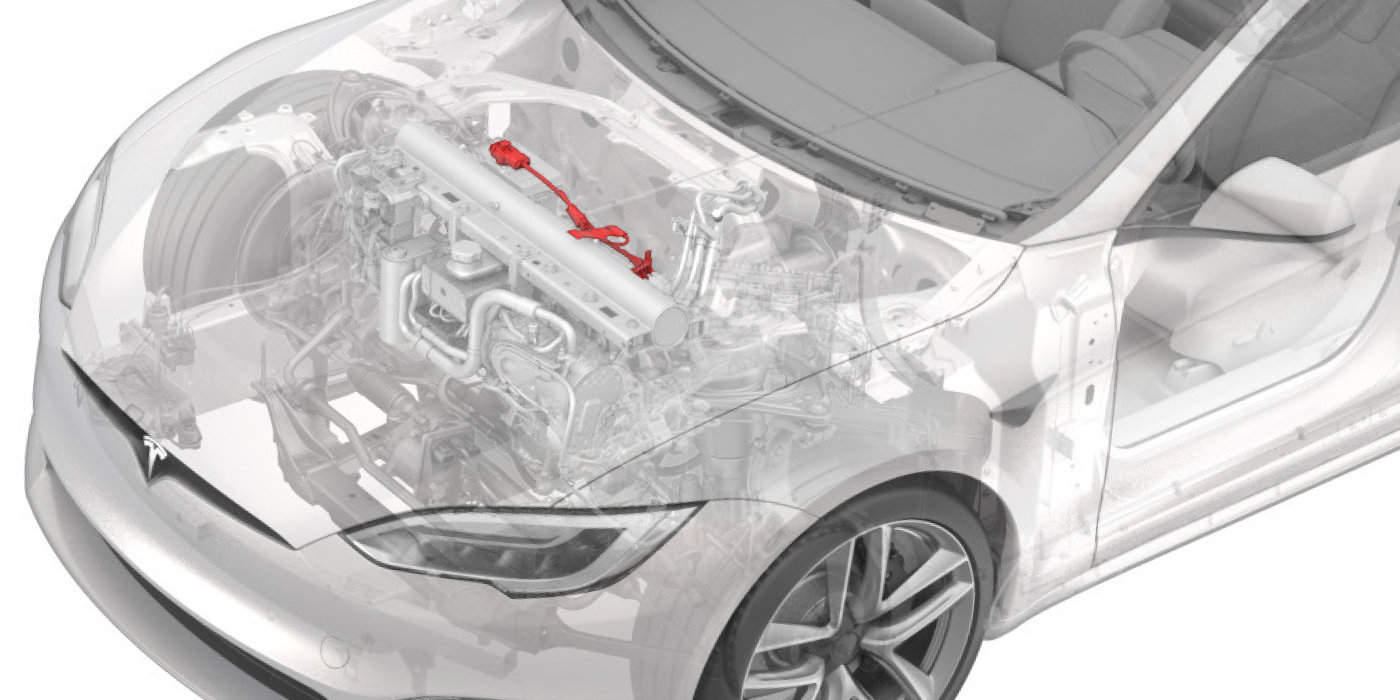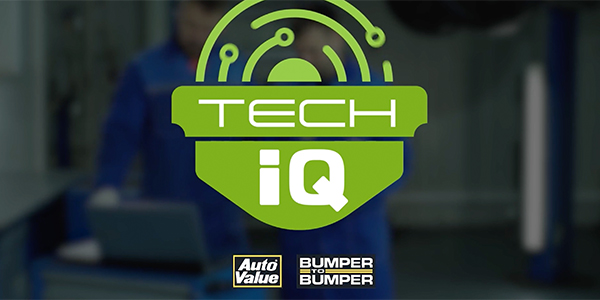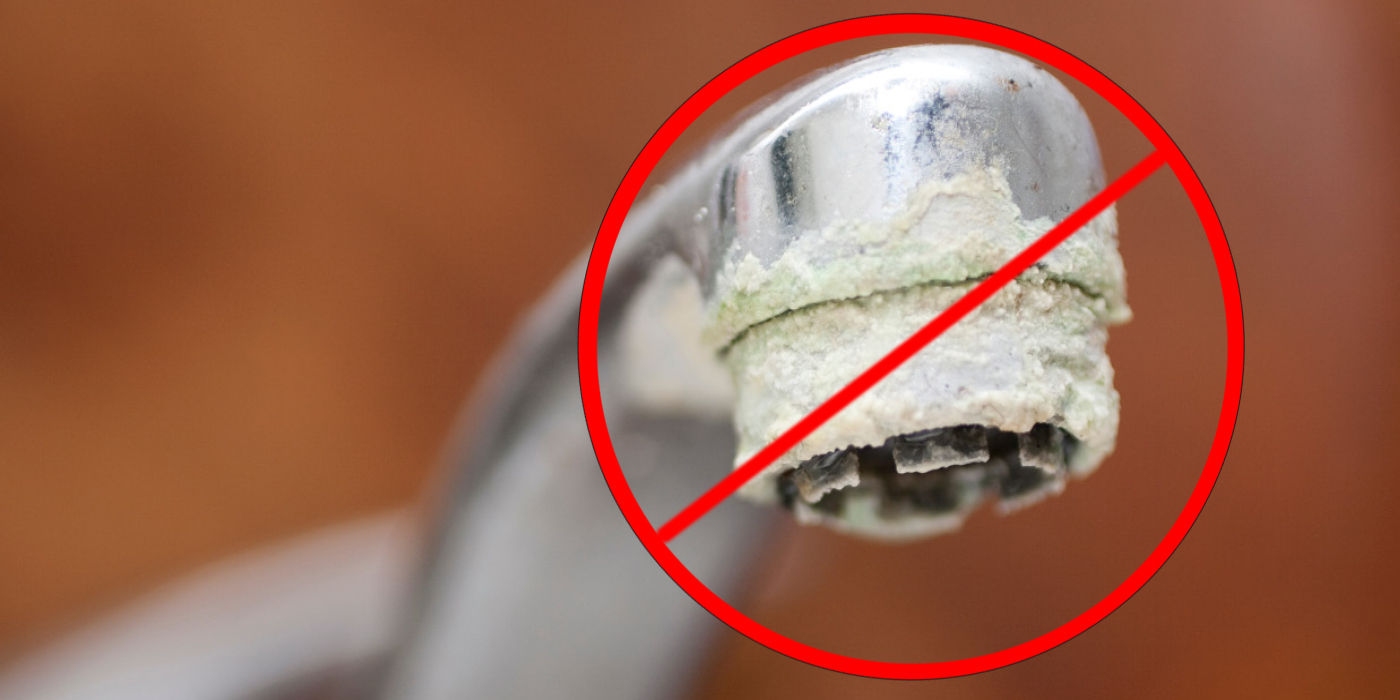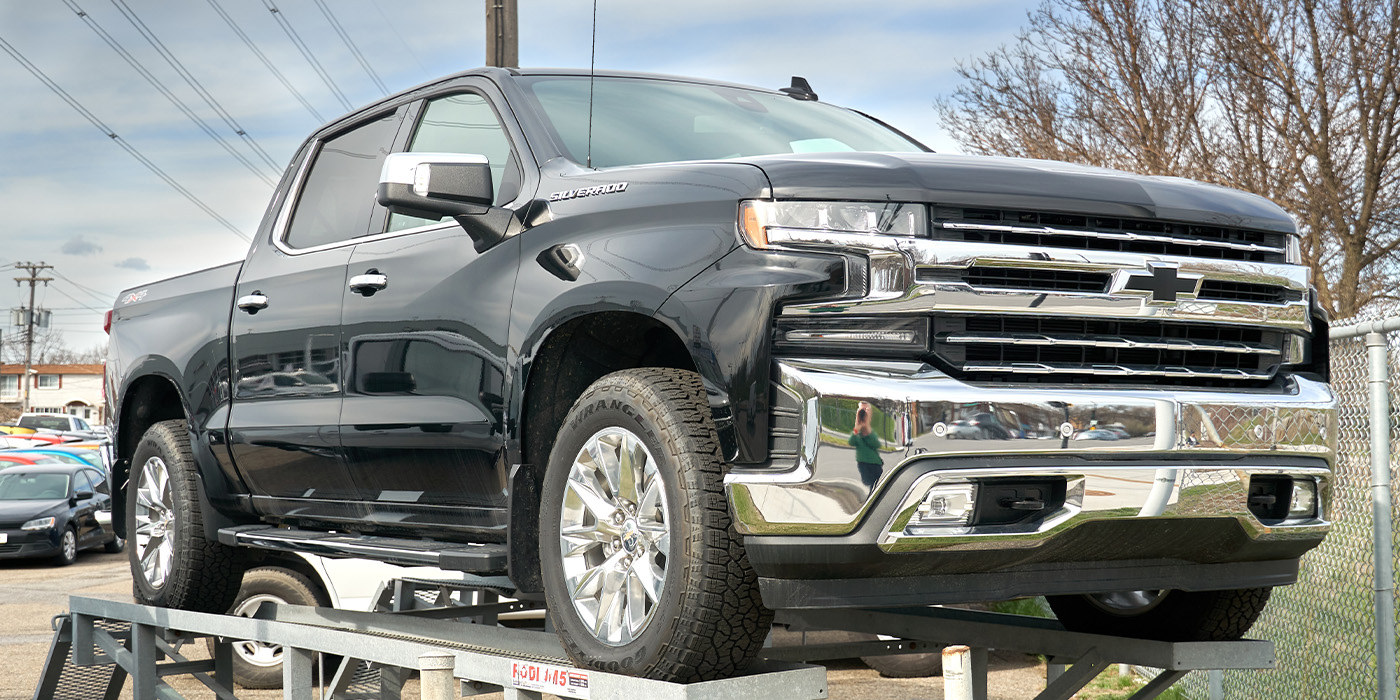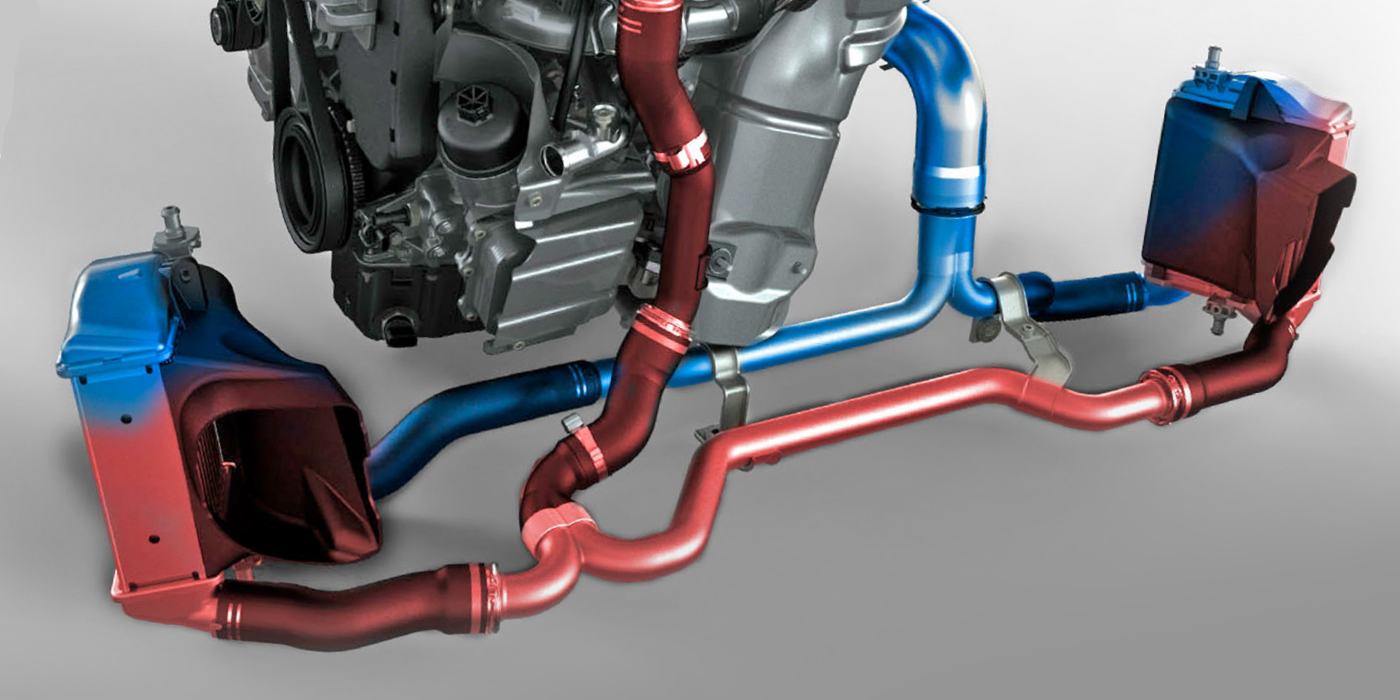 Reinforcing its position as a leader in the design and manufacture of competition brake systems, PFC Brakes has been chosen as the official brake supplier to Renault Sport Technologies for its new Clio R.S. R3T rally car. This announcement follows PFC Brakes’ selection as official brake partner to Porsche for its Supercup chassis earlier this year.
Reinforcing its position as a leader in the design and manufacture of competition brake systems, PFC Brakes has been chosen as the official brake supplier to Renault Sport Technologies for its new Clio R.S. R3T rally car. This announcement follows PFC Brakes’ selection as official brake partner to Porsche for its Supercup chassis earlier this year.
“We are delighted to be nominated by Renault Sport Technologies for such an important car,” said Peter Babbage, PFC Brakes Europe’s managing director. “Together with Renault Sport Technologies, PFC Brakes has created a competitive and affordable rally brake package ideally suited to competitors in the R3 category that will inspire confidence, whatever the surface.”
Complying with FIA R3 regulations, PFC Brakes says its pads, discs and calipers incorporate a number of key innovations such as piston cap insulators to deliver exceptional performance on tarmac and gravel while still achieving stringent cost and technical requirements.
With the Clio R.S. 200 EDC’s turbocharged 1618cc engine generating more power than the existing R3 car, PFC Brakes’ engineers set out to develop a durable brake system to withstand higher loads and temperatures. Other features were incorporated to improve performance, including piston cap insulators that reduce temperature transfer to brake fluid and larger front discs designed to improve heat dissipation.
In addition, PFC Brakes offers a brake pad with a larger radial depth, providing a larger contact area to deliver better stopping power than the standard size typically used by competitors. The brake pads are designed to operate at low temperatures.
Testing across a variety of surfaces led PFC’s engineers to determine that due to the wide operating window of its pads, just two compounds can satisfy the demands of drivers of all abilities on all surfaces. The company says both of the chosen compounds deliver improved bite, modulation and release characteristics with the one of the versions offering particular resistance to wheel locking.

